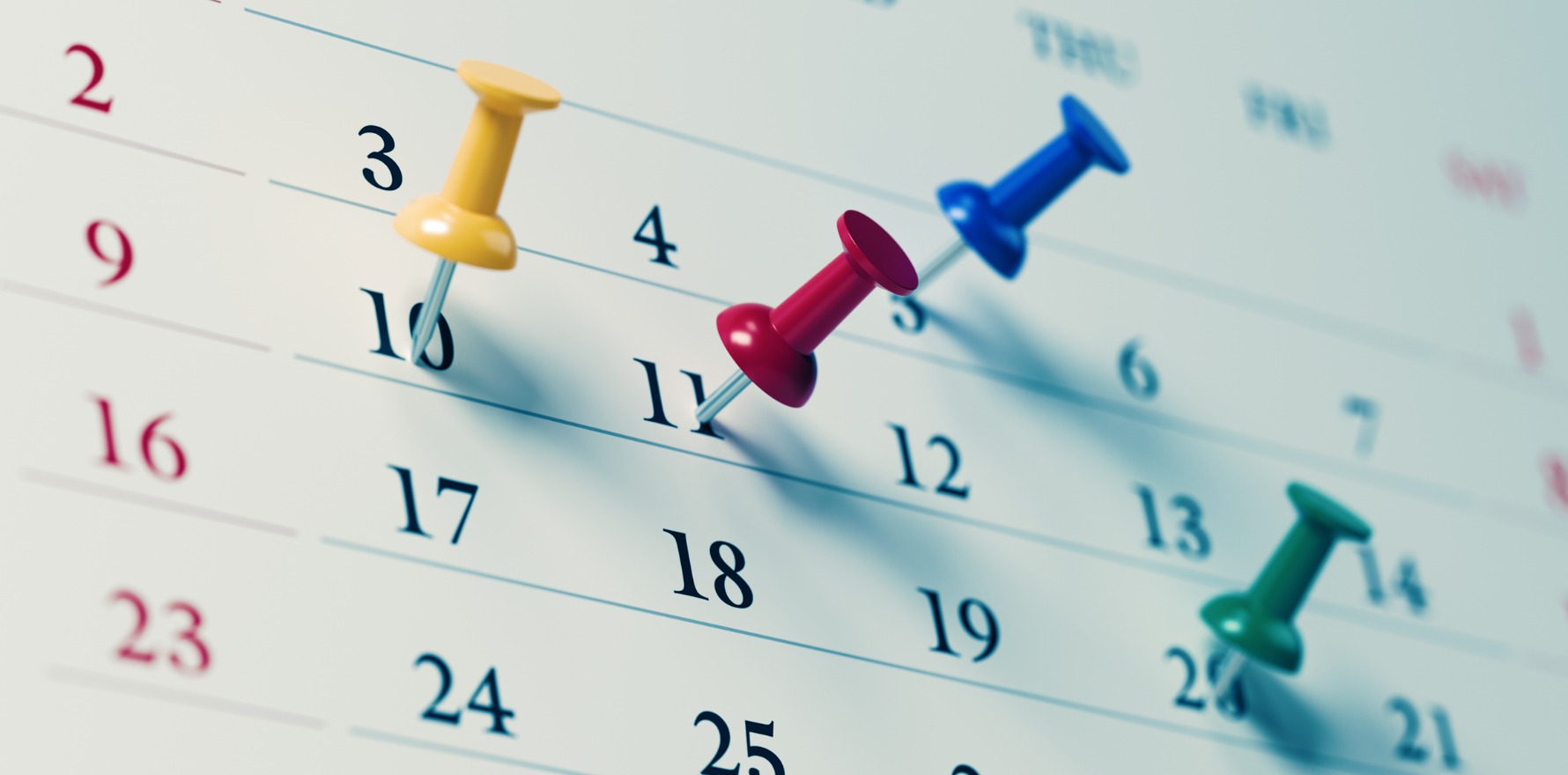It’s a physically, mentally, socially and emotionally exhausting job that we do for not a lot of money. We need to build our own boundaries.
It can be hard to work in a job as heavily people-facing as medicine.
In most specialties, doctors have significant patient contact. General practice, surely, is at the extreme end of the spectrum. The sheer number of people we interact with in a working day is enormous. I see anywhere between 30 and 40 patients on an average day – which actually means sometimes 40 families – depending on how early I start, how late I finish, and the number of urgent reviews booked into my lunchtime. This isn’t even considering the phone calls and emails I receive daily from patients, concerned relatives, allied health and other doctors: sometimes 20 or 30 a day.
Unlike many hospital-based specialties, most GPs don’t get protected time away from patients, or paid non-clinical duties, or grand rounds and multi-disciplinary meetings. We largely just get packed appointment books with another patient to see every 10-15 minutes.
For any surgeons who are reading, we’re very aware that consulting and clinic are often the least favourite part of your job; for us it’s almost the entirety of our job and we can find it equally tiring.
Sometimes there are patients with more complex needs and we have 20- or 40-minute-long appointments, but these are no less draining, and having conflicting or confused interactions with carers or disagreeing relatives can quickly add to the physical and psychosocial burden of working with people.
Our registrar asked me one night, drained, after we had been consulting for 12 hours: how did I do it?? Wasn’t I tired after clinical practice? Yes, of course I am! General practice is really very exhausting, and in a very different way from other specialties; it’s so demanding that four days a week is considered full time.
I explained to the registrar that I personally set a lot of boundaries to help ensure I am practising safely and can endure general practice as a long-term career. I believe that the standard of care we give our patients is the same standard we expect for our loved ones; it is unfair and unethical to provide substandard care. For me to provide safe care, I need to be patient, compassionate, actively listening, and non-judgemental. It is really hard to be those things when I am sleep-deprived, overworked, overburdened with non-urgent administrative tasks and jobs, and paid poorly.
A few years ago, I restructured my job to help me deal with the fatigue of general practice. Firstly, I stopped accepting new patients, because the waiting period to book an appointment with me was getting unfeasible and patients were leaving my care because of the long delays. Since that decision three years ago, the only new patients I take are relatives of existing patients, and we are all much happier for it. My poor receptionists have to deal with disgruntled people daily demanding to know how a doctor can refuse to see a patient. It’s because I have maxed out capacity, and it’s unfair to my existing patients (who are still waiting a week to see me, mind you), and I work five to six days a week already. I just don’t have capacity to take on more.
Related
Secondly, I vocalised clear expectations that non-urgent administrative tasks or paperwork (such as medical reports, VicRoads medical forms, immunisation forms, NDIS and Workcover reports) would be set aside for specific times in the week, namely Tuesday evenings and Friday afternoons. If too many tasks had already been added to the list, any additional jobs would be pushed to the week after. Unless something is particularly time-sensitive, admin can wait for these “protected” (by me) times. Surprisingly, patients have largely been quite understanding, and reception staff have been extraordinarily agreeable, because the system works well, I get most of the work done within a fortnight, and I’m not a cranky menace at 8pm every evening drowning in paperwork in my windowless clinic room and late to another dinner.
Thirdly, I stopped having lunch with my colleagues in the clinic tearoom. This one surprised our registrar. As the practice I work at increased its staffing (doctors, nurses and reception), the lunchroom became louder and more boisterous and busier. I enjoy the company of my colleagues but covid showed me a wonderful opportunity to reset my day. During the pre-vaccinated days with the covid delta strain, we were appropriately paranoid and terrified about transmitting covid to each other at the practice, so we started eating lunch alone in our respective clinic rooms. All of a sudden I had 15-30 minutes in the middle of my day to have coffee undisturbed, quietly reflect on my morning and ensure important tasks or follow-up plans were not missed, practice some mindfulness and “reset” before a demanding afternoon list of patients. It’s small, but as an incredibly introverted person, it has made a huge change for my daily life.
Fourthly, I created a portfolio career so that I had backups and professional skills and expertise outside of clinical medicine. I have academic qualifications and appointments, and emerging policy expertise. I am developing a career as a writer. I enjoy clinical medicine more now because I know I can step away at any time and still have financial security. I have firmly moved away from having all my eggs in the clinical general practice basket, and it’s helped me enormously to better look after those eggs, and me, and carry many wonderful full and enriched baskets.
Lastly, and most importantly, of course, was that I asked to be paid better. We all did. We moved to a predominantly private billing model, and although the fees are still below AMA recommendations, we were closer to being appropriately paid for the services we provide. As much as possible, I also stopped doing unpaid paperwork and now privately charge for all the hours I spend writing medical reports. I have tripled the fee I charge insurance companies or employers for reports they request because these are done outside of my consulting hours. My accountant charges me for each email he answers.
Doctors’ time is precious; if you wish for us to give up more of our valuable time outside of seeing patients to complete administrative tasks, then we need to be paid well. And if you wish for us to keep seeing patients safely, respectfully and responsibly, then this also needs to be paid well.
I know a lot of doctors who have left general practice because of the emotional fatigue from the demanding nature of working with people at their saddest or most worried or rudest or most fearful. Imagine that’s the basic dry ingredient, and then we stir in unrealistic and increasing (unpaid) administrative burden, slowly dropper in medicolegal threats and errors, and then bake and sell this product for a lot less than it’s worth.
If our newest and youngest GPs, right at the start of the careers, are already exhaustedly asking “how are you doing this??” then something is seriously wrong, and we are not protecting our GPs or our patients enough. I can’t change the situation for anyone other than myself, but for what it’s worth, this is what I did to make general practice a whole lot easier for me.
Dr Pallavi Prathivadi is a Melbourne GP and an adjunct senior lecturer at Monash University, with a PhD in safe opioid prescribing. She was a Fulbright Scholar at the Stanford University School of Medicine in 2020-2021 and the 2019 RACGP National Registrar of the Year.





